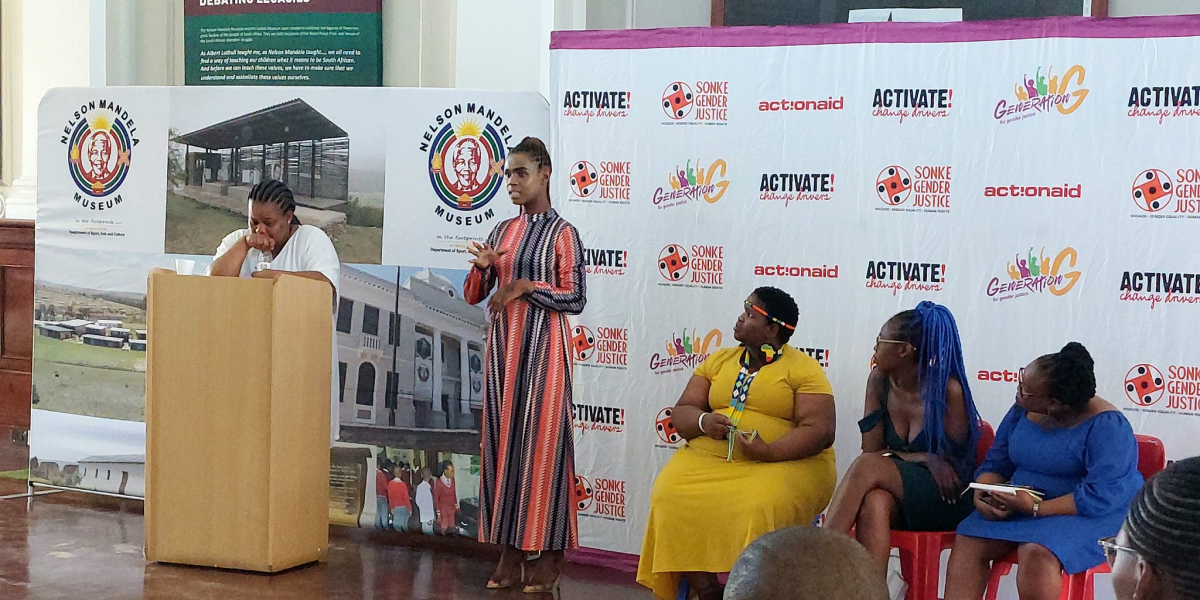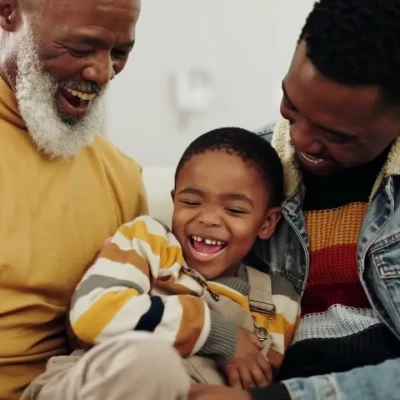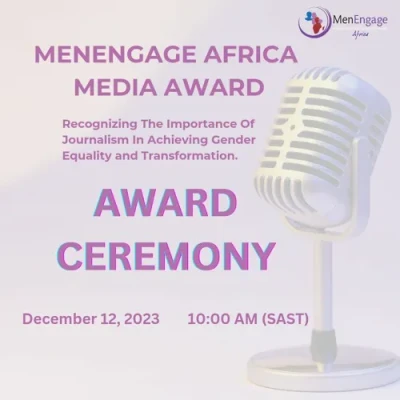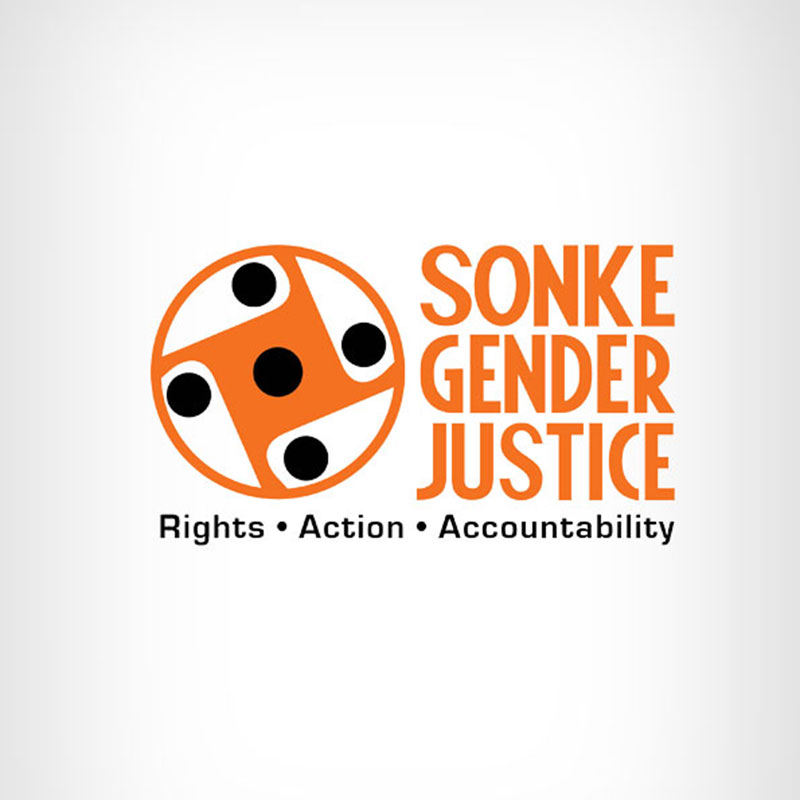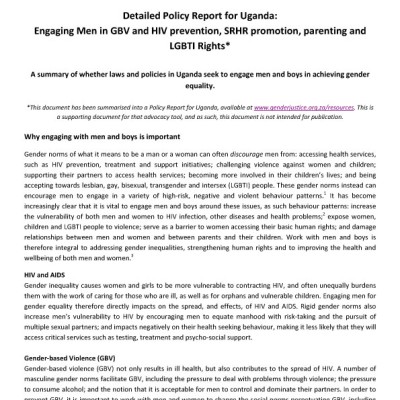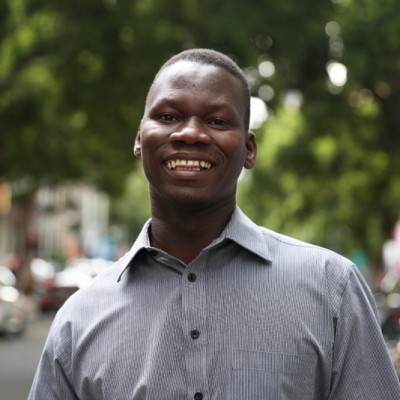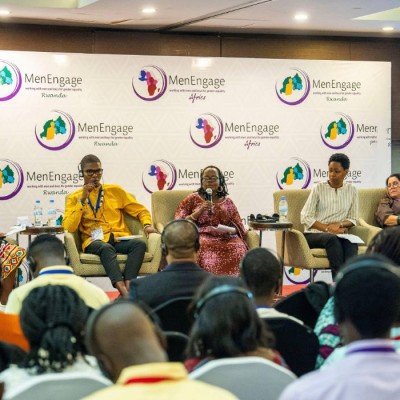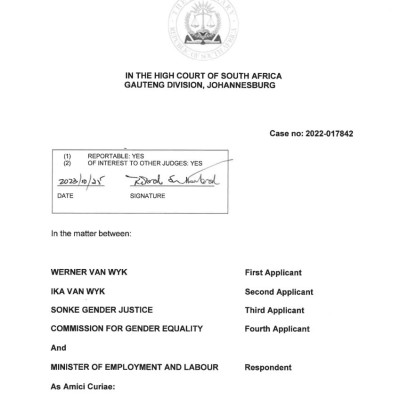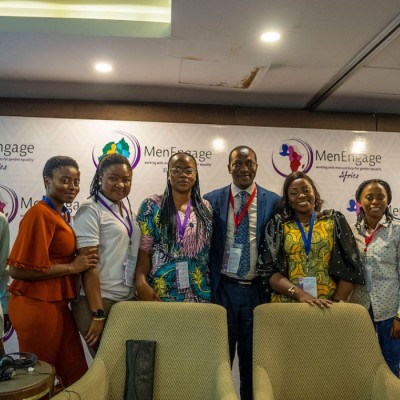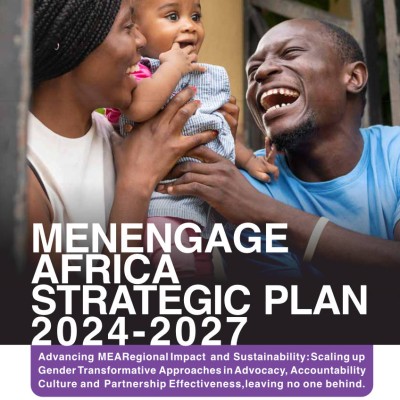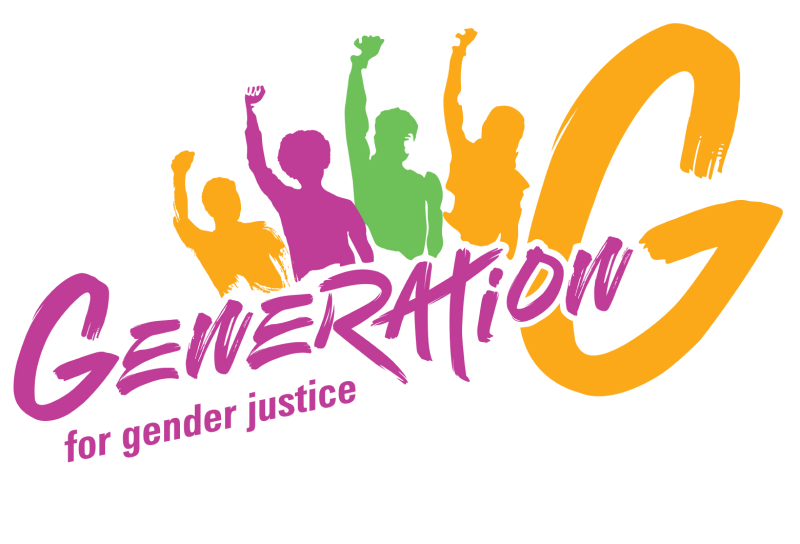
The Generation G(ender) partnership strives towards the creation of gender-just and violence-free societies with and for young men and women in their full diversity. We believe investing in youth is central in achieving sustainable, inclusive, and stable societies.
This partnership engages an innovative gender-transformative strategy that equips youth leaders and civil society organisations (CSOs) to address the root causes of gender inequality and foster sustainable change.
Youth (15-32) are at the heart of this partnership, as catalysts for systemic change and key target group, who are often excluded from policy making and legislative processes.
We make a special effort to amplify voices of youth, in all their diversity. We aim to raise public support, advocate for improved policies and laws, and strengthen civil society by addressing gender injustices.
We work in South Africa, Uganda, Rwanda, Morocco, Indonesia and Lebanon, and Jordan.
Generation G Guiding Principles
- A gender-transformative approach (GTA): A gender-transformative approach (GTA) examines, questions, and changes harmful gender norms and power imbalances.
Our GTA is based on five key elements:- Investing in amplifying young feminist voices.
- Strengthening the role of young men as allies.
- Focusing on human rights and youth agency.
- Analyzing and addressing harmful gender norms and unequal power relations.
- Embracing sexual and gender diversity.
- Inclusiveness: The process of including not only diverse people but including people who might otherwise be excluded or marginalised because of their gender, social class, race, ethnicity, age, gender, sexual orientation, refugee or migrant status, ability, education, religion, language, health condition, body shape, etc. and treat them all fairly and with equity. Inclusiveness is aiming towards more diversity and gender justice.
- Meaningful and inclusive youth participation (MIYP): By MIYP, we mean that young people are able to work in all stages of decision making, that their opinions are respected and taken seriously, and they can participate on equal terms with adults at all levels, or alternatively work independently from adults and make decisions solely with the involvement of youth voices. When we talk about young people’s meaningful participation it is important to recognise and acknowledge that young people are an extremely diverse group; their lived realities, challenges and opportunities vary greatly, based on their intersecting identities. For this reason, we talk about meaningful and inclusive youth participation.
- Do no harm: The principle of do no harm is to avoid causing damage, as a result of the programme’s interventions, to people who are meant to benefit from the programme and to staff of the organisations implementing the programme.
- Accountability: Accountability refers to the process where actors are held responsible for the principles and actions they agreed on.
